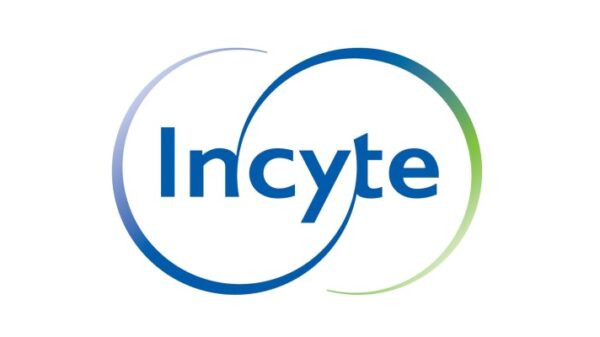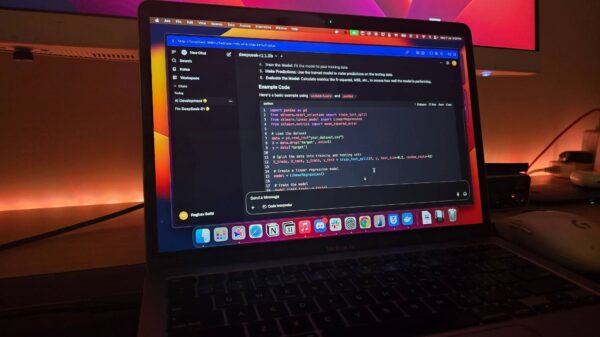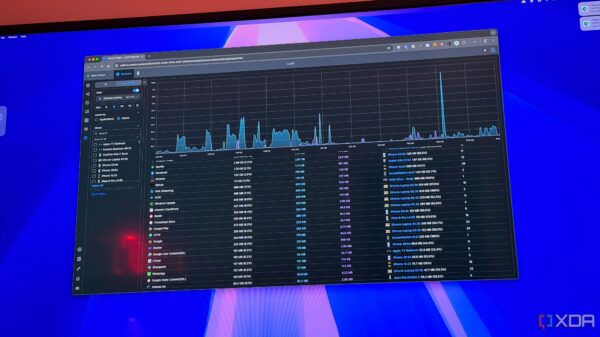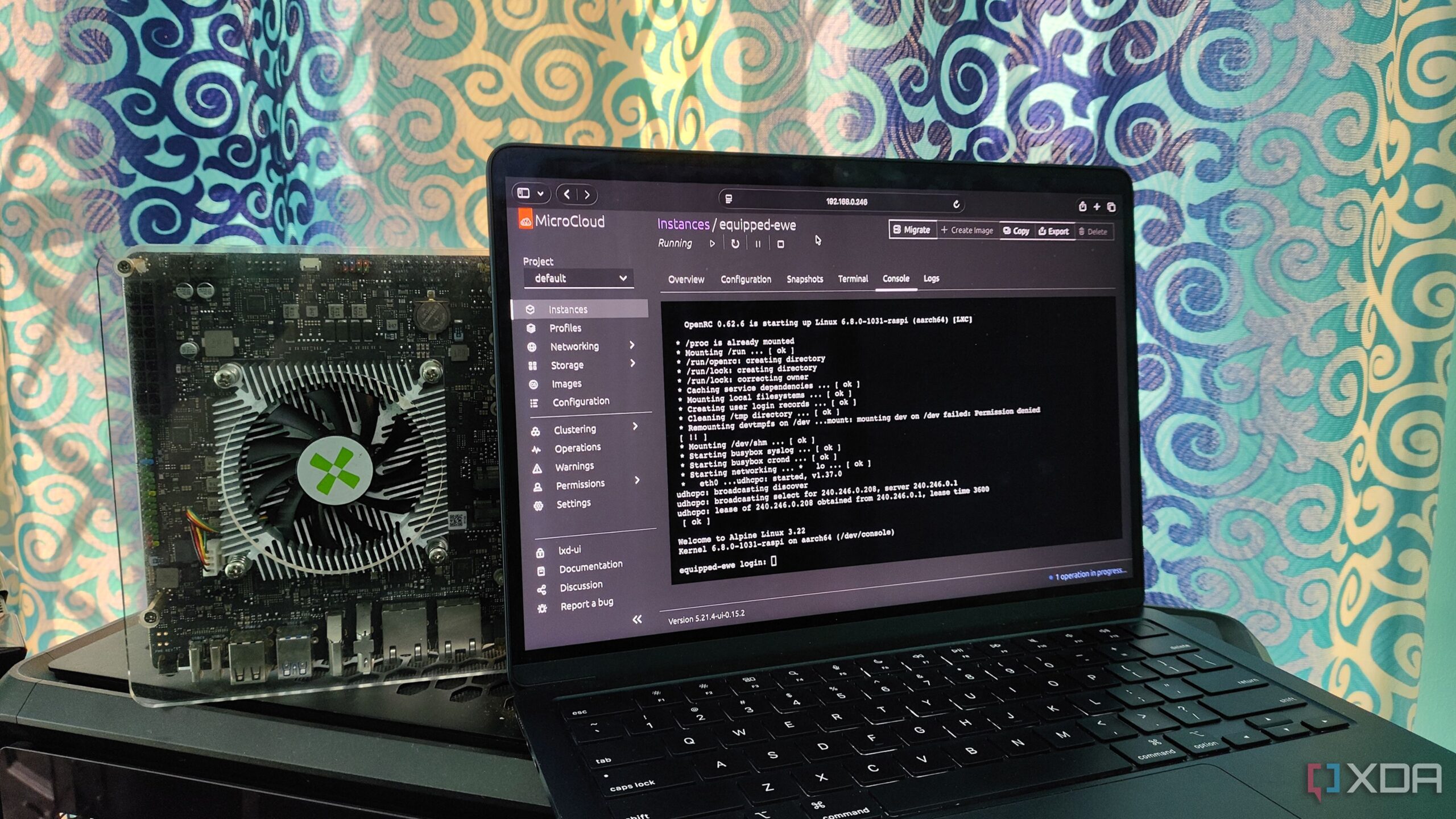Canonical has introduced an innovative platform, MicroCloud, that enhances virtualization and containerization options for home lab enthusiasts. Users have quickly discovered its potential, especially those accustomed to traditional platforms like Proxmox. After extensive testing, it is clear that MicroCloud offers a robust alternative, complete with essential features that cater to both virtual machines and containers.
MicroCloud stands out in a crowded marketplace where many distributions focus primarily on virtual machine projects. Unlike others, it integrates containerization capabilities through the use of LXD. This feature allows users to deploy lightweight containers, making it an attractive option for older machines, single-board computers (SBCs), and other low-power devices. The ability to run both containers and virtual machines on a single platform is a significant advantage that many users have embraced.
Enhanced Clustering and Storage Options
For those interested in high-availability (HA) setups, MicroCloud does not disappoint. It leverages micro-service versions of popular tools to provide clustering support. This aspect is particularly appealing to users who prioritize resilience and fault tolerance in their virtual environments. While not all users may require HA features, those who do will appreciate the capabilities that MicroCloud offers.
The platform employs MicroOVN for its networking needs, which includes everything from bridges to IP address management (IPAM) and access control lists (ACLs). Additionally, MicroCeph manages distributed storage and disk administration, providing a comprehensive solution for data management. MicroCloud also supports ZFS for data pools and volumes, which is a key feature for users who prefer this file system.
User-Friendly Interface and Compatibility
Ease of use is another highlight of MicroCloud. Users can deploy the server with minimal commands, and expanding the cluster is equally straightforward. The platform’s web interface simplifies tasks such as creating storage pools, uploading ISO images, and taking snapshots of virtual instances. This user-friendly design allows users to manage their home labs without needing extensive documentation.
MicroCloud’s compatibility with the Raspberry Pi has also garnered positive attention. Users have successfully installed MicroCloud on Raspberry Pi devices, which traditionally face challenges when running similar virtualization platforms. The availability of images for ARM systems within the MicroCloud template collection further enhances its appeal. Users have reported seamless operation, including the ability to run Ubuntu-based virtual machines without additional configurations.
Despite its strengths, MicroCloud is not without limitations. Some users have noted the absence of external backup support for virtual guests, which may be a drawback for those accustomed to platforms like Proxmox. Additionally, the inability to utilize community scripts for containers can be frustrating for some users. However, for those seeking a free home server solution adept at handling both virtual machines and containers, MicroCloud is an impressive option worth exploring.
Overall, Canonical’s MicroCloud is a significant addition to the home lab landscape, combining essential features with ease of use and compatibility. Its ability to run efficiently on low-power devices, such as the Raspberry Pi, solidifies its position as a valuable tool for virtualization enthusiasts.







































































